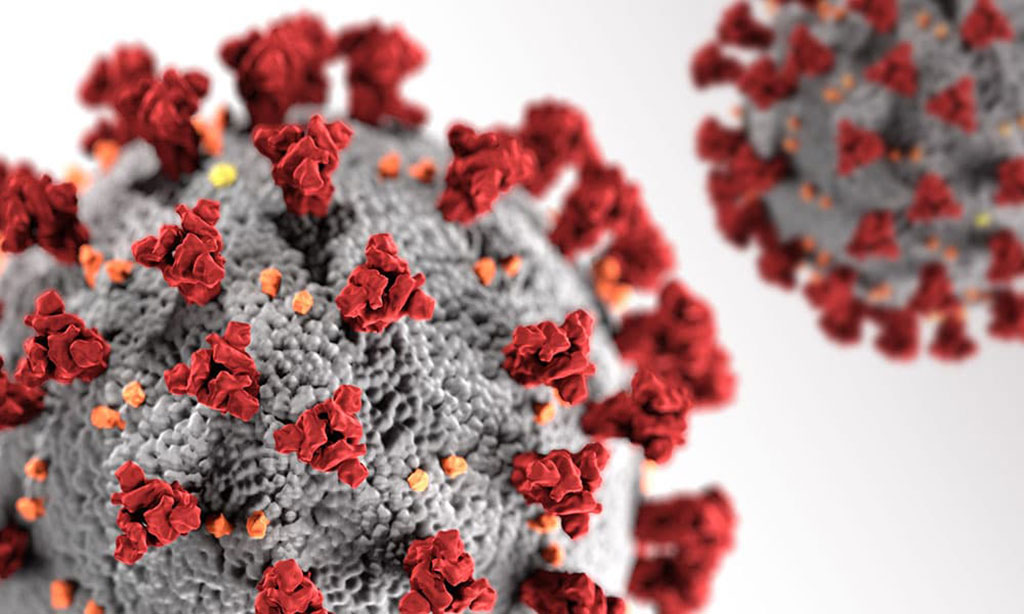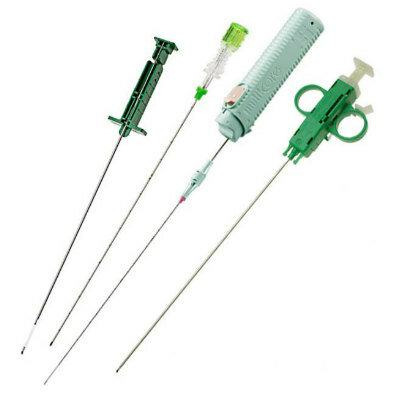New AI-Based Tool Rapidly and Automatically Determines Which COVID-19 Patients May Need Hospitalization
By HospiMedica International staff writers
Posted on 29 Oct 2020
A new artificial intelligence (AI)-based score considers multiple factors to predict the prognosis of individual patients with COVID-19 seen at urgent care clinics or emergency departments. Posted on 29 Oct 2020
The tool, which was created by investigators at Massachusetts General Hospital (MGH Boston, MA, USA), can be used to rapidly and automatically determine which patients are most likely to develop complications and need to be hospitalized. Recognizing the need for a more sophisticated method to identify outpatients at greatest risk for experiencing negative outcomes, a multidisciplinary team of experts in neurology, infectious disease, critical care, radiology, pathology, emergency medicine and machine learning designed the COVID-19 Acuity Score (CoVA) based on input from information on 9,381 adult outpatients seen in MGH’s respiratory illness clinics and emergency department between March 7 and May 2, 2020.

Illustration
CoVA was then tested in another 2,205 patients seen between May 3 and May 14. In this prospective validation group, 26.1%, 6.3% and 0.5% of patients experienced hospitalization, critical illness or death, respectively, within seven days. CoVA demonstrated excellent performance in predicting which patients would fall into these categories. Among 30 predictors -which included demographics like age and gender, COVID-19 testing status, vital signs, medical history and chest X-ray results (when available) - the top five were age, diastolic blood pressure, blood oxygen saturation, COVID-19 testing status and respiratory rate.
“While several other groups have developed risk scores for complications of COVID-19, ours is unique in being based on such a large patient sample, being prospectively validated, and in being specifically designed for use in the outpatient setting, rather than for patients who are already hospitalized,” said Shibani Mukerji, MD, PhD, associate director of MGH’s Neuro-Infectious Diseases Unit. “CoVA is designed so that automated scoring could be incorporated into electronic medical record systems. We hope that it will be useful in case of future COVID-19 surges, when rapid clinical assessments may be critical.”
Related Links:
Massachusetts General Hospital














